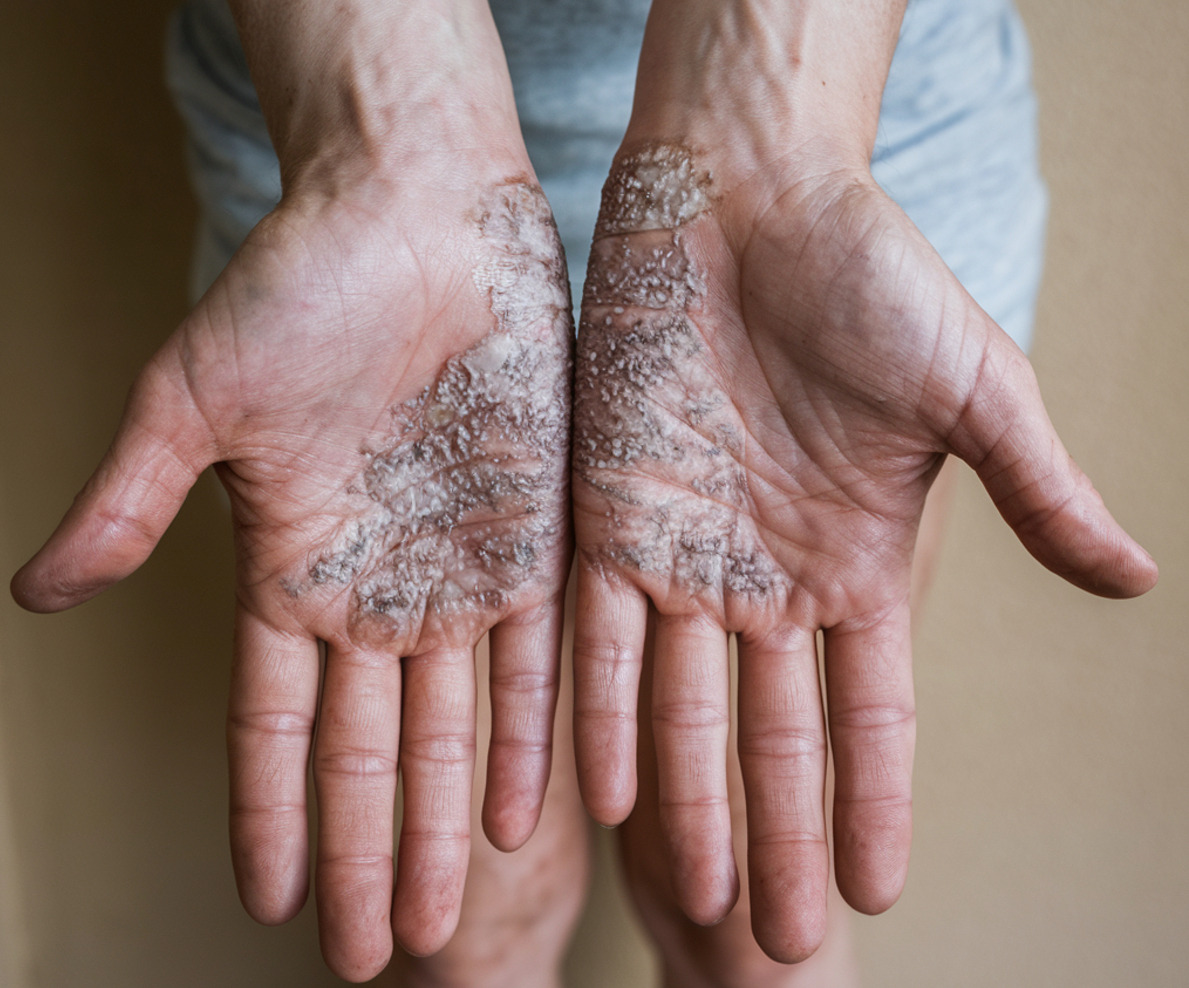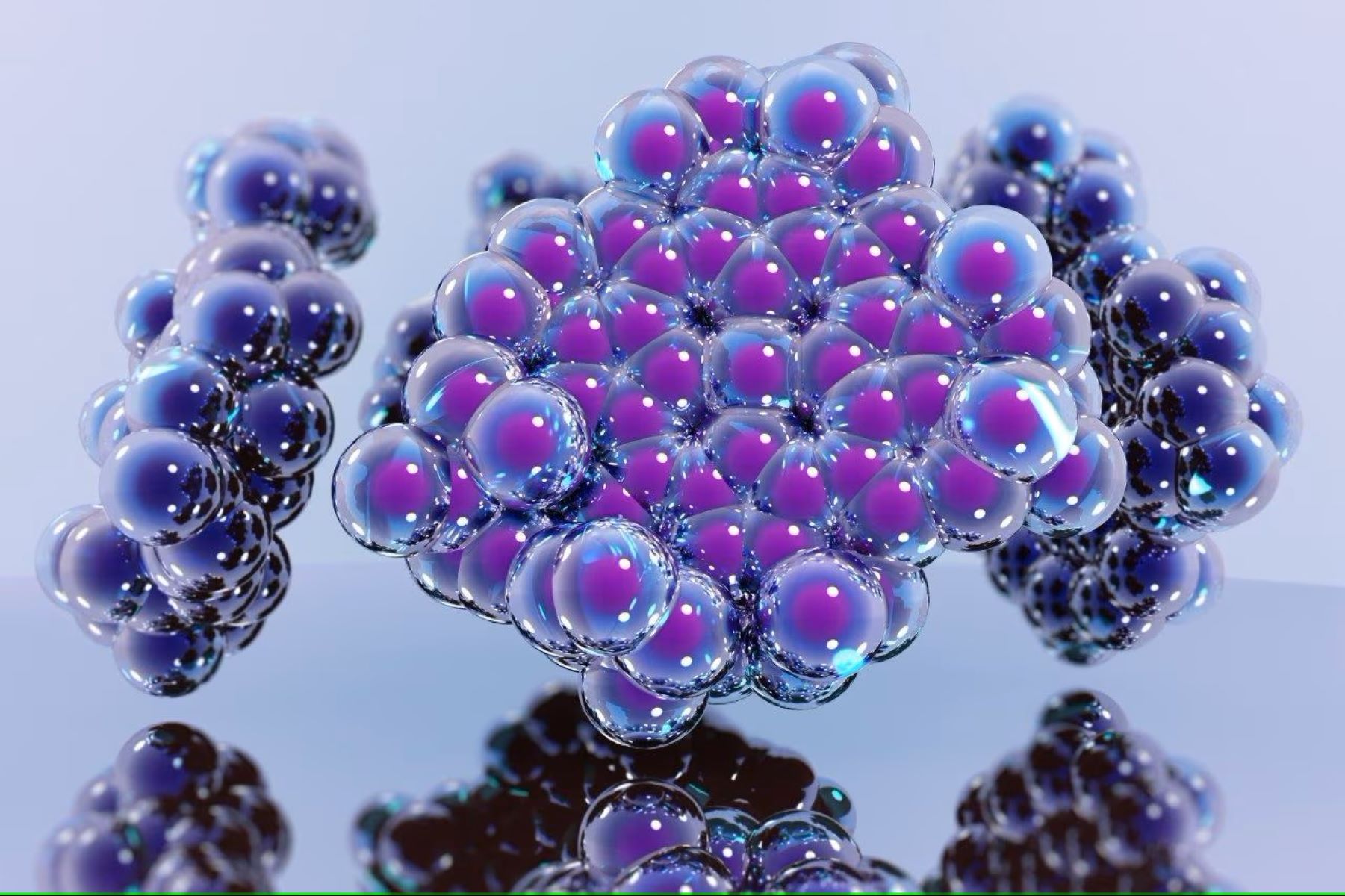
Cyprus is a fascinating island in the Mediterranean, known for its rich history, stunning landscapes, and vibrant culture. But did you know that it also has some intriguing facts about facial neuromusculoskeletal conditions? These conditions affect the muscles and nerves in the face, leading to various challenges in movement and expression. Understanding these conditions can help in recognizing symptoms early and seeking appropriate treatment. From ancient remedies to modern medical advancements, Cyprus has a unique blend of traditional and contemporary approaches to managing these conditions. Let's dive into 30 captivating facts about Cyprus and its connection to facial neuromusculoskeletal health.
Key Takeaways:
- Cyprus is a beautiful island with a rich history and stunning beaches. It's divided into two parts and has a unique blend of cultures, making it a popular tourist destination.
- The facial neuromusculoskeletal system is a complex network of muscles, nerves, and bones that control facial expressions and speech. Common disorders include Bell's palsy, TMJ disorders, and facial fractures.
Cyprus: A Mediterranean Gem
Cyprus, an island nation in the eastern Mediterranean, boasts a rich history, stunning landscapes, and a unique blend of cultures. Here are some fascinating facts about this beautiful country.
- Cyprus is the third largest island in the Mediterranean Sea, after Sicily and Sardinia.
- The island has been inhabited since the 10th millennium BC, making it one of the oldest civilizations in the world.
- Cyprus is divided into two parts: the Republic of Cyprus in the south and the Turkish Republic of Northern Cyprus in the north.
- The capital city, Nicosia, is the only divided capital in Europe.
- Cyprus is known for its beautiful beaches, with over 50 Blue Flag beaches across the island.
- The island has a rich history of wine production, dating back over 6,000 years.
- Cyprus is home to the oldest known pet cat, with a burial site dating back 9,500 years.
- The island is famous for its Halloumi cheese, which is made from a mixture of goat's and sheep's milk.
- Cyprus has a Mediterranean climate, with hot, dry summers and mild, wet winters.
- The island is a popular tourist destination, attracting over 4 million visitors each year.
Facial Neuromusculoskeletal System: An Overview
The facial neuromusculoskeletal system is a complex network of muscles, nerves, and bones that work together to control facial expressions, speech, and other functions. Here are some interesting facts about this intricate system.
- The human face has 43 muscles, which are responsible for a wide range of expressions.
- The facial nerve, also known as the seventh cranial nerve, controls the muscles of facial expression.
- There are six major branches of the facial nerve: temporal, zygomatic, buccal, mandibular, cervical, and posterior auricular.
- The trigeminal nerve, or fifth cranial nerve, provides sensation to the face and controls the muscles of mastication.
- The masseter muscle is one of the strongest muscles in the human body and is responsible for chewing.
- The orbicularis oculi muscle allows you to close your eyes and blink.
- The zygomaticus major muscle is responsible for smiling.
- The buccinator muscle helps you blow air out of your mouth and is important for speech.
- The platysma muscle is a thin, sheet-like muscle that covers the neck and lower face.
- The facial skeleton consists of 14 bones, including the mandible, maxilla, and zygomatic bones.
Neuromusculoskeletal Disorders: Common Conditions
Neuromusculoskeletal disorders can affect the facial muscles, nerves, and bones, leading to a variety of symptoms and conditions. Here are some common disorders and their characteristics.
- Bell's palsy is a condition that causes sudden, temporary weakness or paralysis of the facial muscles.
- Trigeminal neuralgia is a chronic pain condition that affects the trigeminal nerve, causing severe facial pain.
- Temporomandibular joint (TMJ) disorders affect the jaw joint and muscles, leading to pain and difficulty chewing.
- Myasthenia gravis is an autoimmune disorder that causes muscle weakness, including in the facial muscles.
- Facial dystonia is a movement disorder that causes involuntary muscle contractions in the face.
- Hemifacial spasm is a condition that causes involuntary twitching or spasms on one side of the face.
- Moebius syndrome is a rare congenital disorder that causes facial paralysis and other abnormalities.
- Ramsay Hunt syndrome is a viral infection that affects the facial nerve, causing paralysis and a painful rash.
- Facial fractures can result from trauma and may require surgical intervention to repair.
- Facial nerve injuries can occur due to trauma, surgery, or infections, leading to weakness or paralysis of the facial muscles.
Final Thoughts on Cyprus
Cyprus, a gem in the Mediterranean, offers a rich tapestry of history, culture, and natural beauty. From ancient ruins to stunning beaches, there's something for everyone. The island's unique blend of Greek and Turkish influences creates a vibrant cultural scene, making it a fascinating destination for travelers. Whether you're exploring the ancient city of Paphos, lounging on the beaches of Ayia Napa, or hiking in the Troodos Mountains, Cyprus never disappoints. The local cuisine, with its mix of Mediterranean flavors, is a treat for the taste buds. And let's not forget the warm, welcoming locals who make every visit memorable. Cyprus is more than just a vacation spot; it's a place where history and modernity coexist, offering endless opportunities for adventure and relaxation. So, pack your bags and get ready to explore this incredible island!
Frequently Asked Questions
Was this page helpful?
Our commitment to delivering trustworthy and engaging content is at the heart of what we do. Each fact on our site is contributed by real users like you, bringing a wealth of diverse insights and information. To ensure the highest standards of accuracy and reliability, our dedicated editors meticulously review each submission. This process guarantees that the facts we share are not only fascinating but also credible. Trust in our commitment to quality and authenticity as you explore and learn with us.


